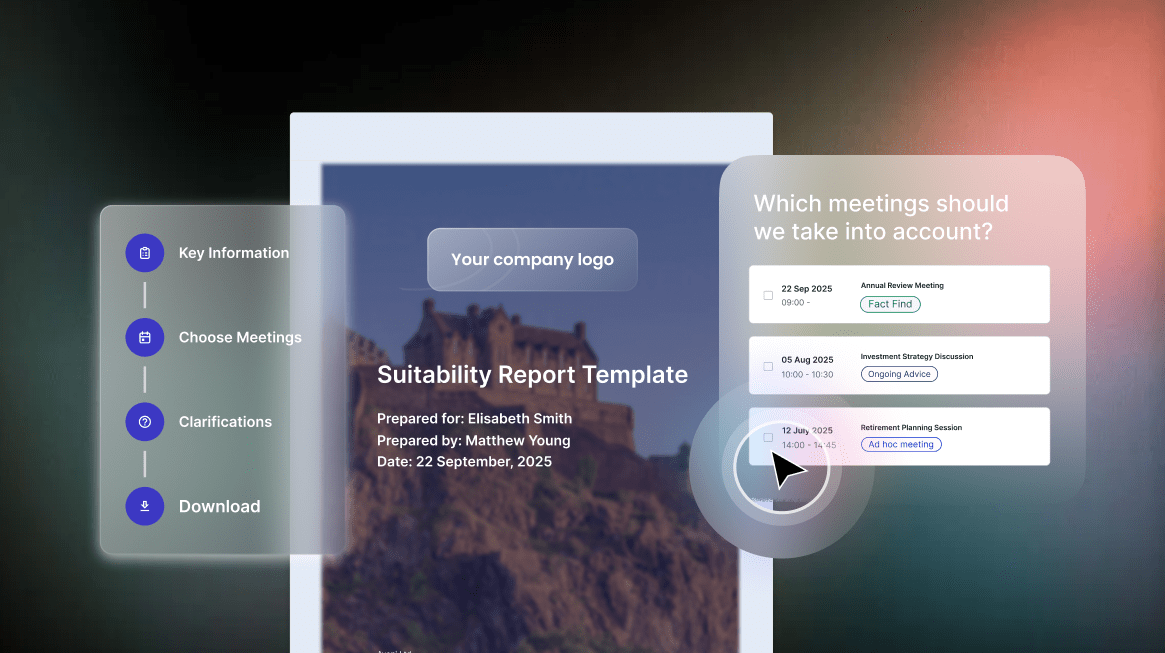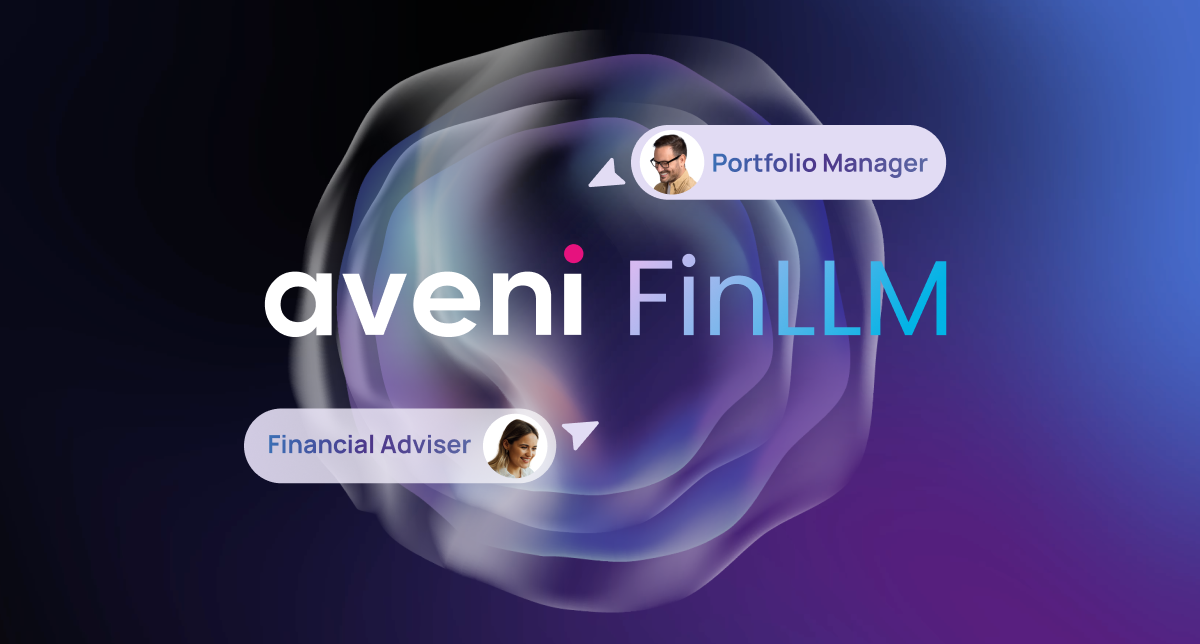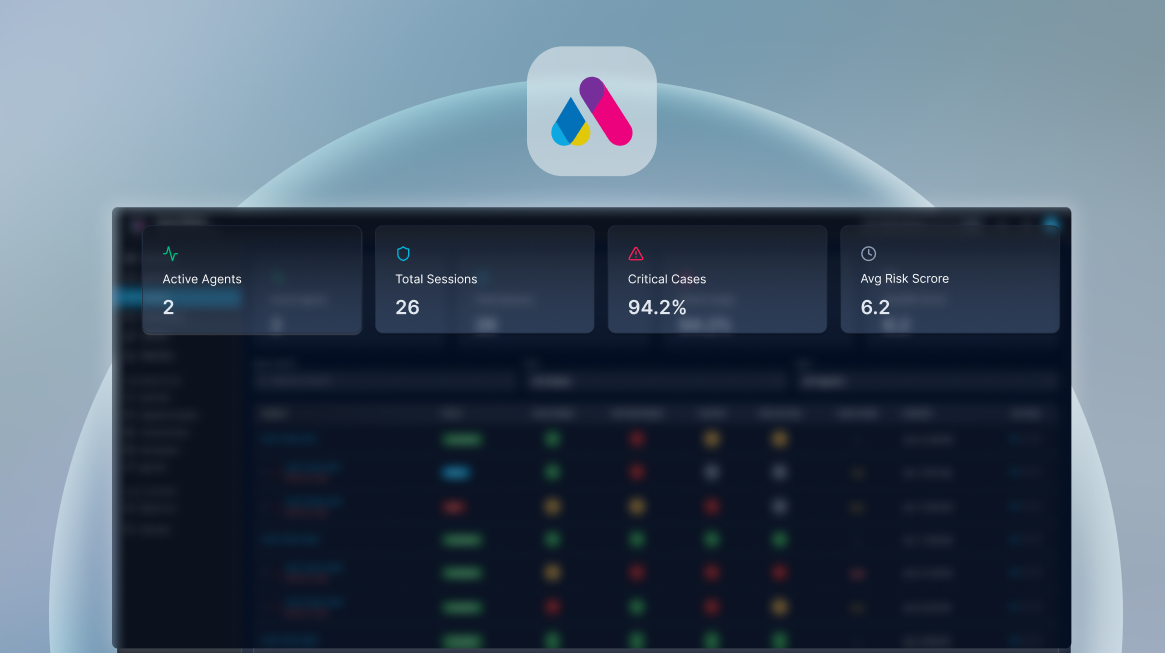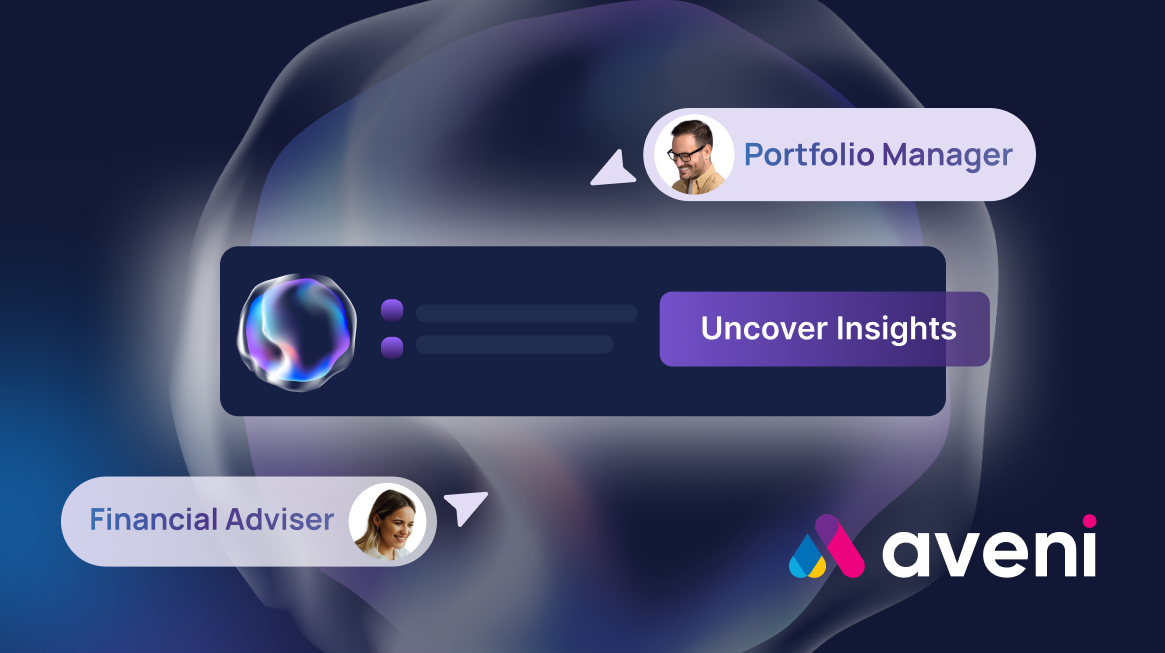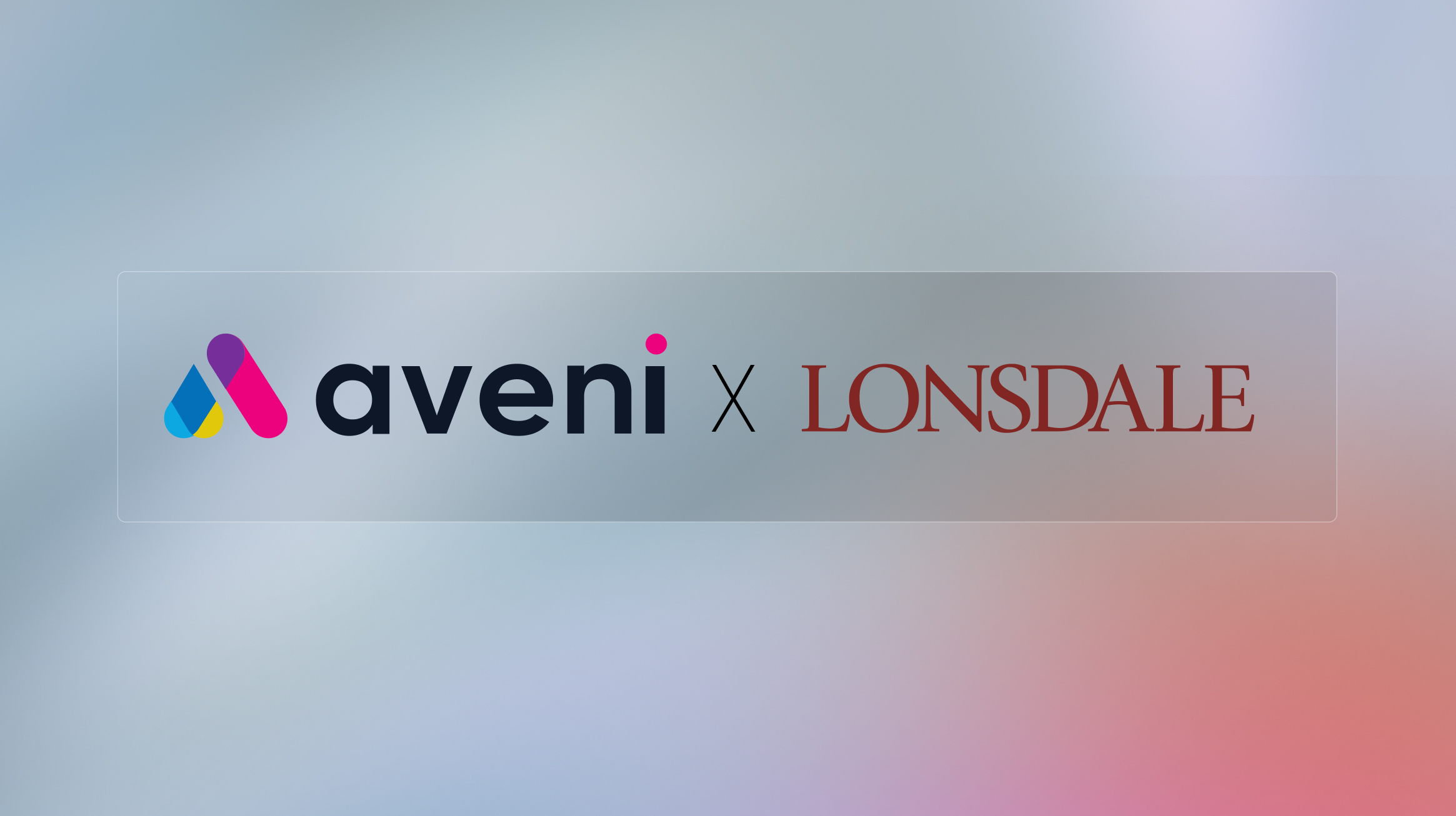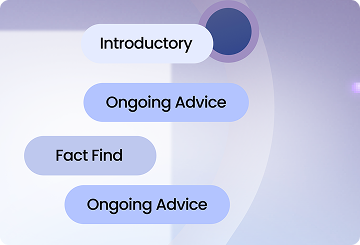How Aveni’s AI helps teams spot what they’re missing
Key Takeaways
- Confirmation bias leads advisers to hear what they expect rather than what clients actually say, missing critical changes in goals or circumstances
- Memory gaps after busy days create inconsistent advice and compliance risks, especially when important client details get confused between meetings
- Emotional signals like hesitation or concern are easily missed but indicate underlying client anxieties that need addressing
- Selective note-taking captures only what seems important in the moment, often missing details that become crucial later
- Aveni’s AI platform addresses all these blind spots through real-time conversation analysis, complete transcription, and intelligent flagging of key client information
Great financial advice is built on connection. But even the most experienced advisers have moments when details slip through the cracks. Not from lack of commitment, but because real conversations can be complex and unpredictable. A missed detail here, an assumption there, or an unspoken client concern can quietly derail even the best intentions.
Over time, these small missteps compound into larger problems: missed opportunities, strained relationships, or compliance risks.
You don’t need to choose between efficiency and empathy. Here are five common communication gaps that advisers face daily, and how Aveni’s platform helps teams stay sharp while keeping client relationships central to their work.
1. Confirmation Bias: Hearing What You Expect to Hear
Familiarity breeds assumptions. When you’ve worked with clients for years, you might find yourself listening to confirm expectations rather than truly listening.
Why this matters
When you only hear what fits your preconceptions, you miss new facts, changed goals, or unspoken concerns. This leads to advice that doesn’t fully address client needs, leaving them feeling unheard. A client might hint at a new priority like funding education, but if you expect them to focus on retirement, you’ll miss this shift entirely.
How Aveni helps
Aveni Assist analyses conversations in real-time, flagging when key client intentions aren’t reflected in your recommendations. When a client mentions changing circumstances or new priorities, the platform prompts you to explore these areas further, ensuring your advice stays aligned with their actual needs.
2. Memory Gaps: When Details Blur
After a busy day of client meetings, even important details can fade or get mixed up between conversations.
Why this matters
Memory gaps create inconsistent advice and poor documentation, which regulators scrutinise closely. Incomplete records undermine credibility and expose you to unnecessary risks during audits. Forgetting a client’s mention of changed risk tolerance could lead to completely misaligned recommendations.
How Aveni helps
Aveni’s transcription and conversation intelligence provide accurate, searchable records of every meeting. You don’t need to guess what was discussed because you have exact documentation. When a client mentions risk appetite changes, Aveni captures and makes this information easily retrievable for future reference.
3. Missing Emotional Signals
Financial conversations carry emotional weight. Clients express hesitation, doubt, or concern through tone, language, and pauses. These subtle cues are easy to miss when juggling multiple priorities.
Why this matters
Ignoring emotional signals makes advice feel impersonal, weakening trust. Clients may withhold important information if they sense you’re not attuned to their feelings, leading to incomplete advice. A client’s hesitation about high-risk investments often indicates underlying concerns that need addressing.
How Aveni helps
Aveni’s platform detects shifts in tone and language patterns during conversations. When a client’s tone becomes hesitant discussing particular investments, the system prompts you to explore that area further, ensuring you address concerns before moving forward.
4. Selective Documentation: Missing the Full Picture
Advisers typically take selective notes during meetings, focusing on what seems important in the moment. Critical details that prove important later often get missed.
Why this matters
If your notes don’t capture client intent or risk indicators, you face unnecessary exposure even when your advice was sound. Undocumented client goals can lead to confusion or disputes later.
How Aveni helps
Aveni Assist captures complete conversations, not selective highlights. The platform also identifies regulatory triggers like high-risk investment discussions or compliance topics, ensuring your records are comprehensive and compliant without additional work. You can focus entirely on the conversation while knowing all important details are recorded accurately.
5. The Clarity Gap: When Understanding Breaks Down
Explaining something clearly doesn’t guarantee client understanding. Financial topics are complex, and miscommunication leads to poor decisions.
Why this matters
Misunderstandings result in clients making choices based on incomplete information, potentially leading to complaints or regret. If clients don’t fully grasp investment risks, they may later feel misled about their decisions.
How Aveni helps
Aveni Detect identifies when technical jargon or complex explanations might confuse clients. If you mention terms like “stochastic modelling” without context, the QA system flags this, prompting clearer communication that clients can actually understand.
Stay Sharp, Stay Human
These blind spots are natural human tendencies, but in financial services where trust, transparency, and compliance are paramount, missing details carries real consequences. Aveni’s platform helps you see what might otherwise slip by without replacing what makes you effective.
For Financial Advisers: Maintain focus on what matters most while technology handles the details that drain your energy. Spend more time building relationships and less time on administrative tasks.
For Compliance Teams: Gain comprehensive oversight without overwhelming manual reviews. Identify issues early and support advisers with actionable feedback.
For Practice Leaders: Scale your business knowing that quality and compliance standards remain consistent across all client interactions.
Your ability to communicate effectively remains your greatest asset. By recognising these blind spots and using tools like Aveni Assist and Aveni Detect, you avoid potential pitfalls while elevating your service. Clients feel more heard, more understood, and more confident in your advice. That’s what builds lasting relationships and sustainable practices.
Frequently Asked Questions
How does AI help with communication blind spots without replacing human judgment?
Aveni’s platform enhances human decision-making rather than replacing it. The AI captures complete conversation details, flags important client signals, and identifies compliance triggers, but advisers retain full control over client relationships and advice delivery. Think of it as having a highly attentive assistant that never misses details.
Can Aveni’s system really detect emotional signals in client conversations?
Yes, through natural language processing and tone analysis, Aveni identifies changes in speech patterns, hesitation markers, and language that indicates client uncertainty or concern. When a client’s tone shifts or they use tentative language about investments, the system alerts you to explore these areas further.
What happens to client confidentiality with AI monitoring conversations?
Aveni is built specifically for financial services with bank-grade security and full regulatory compliance. All data processing occurs within secure, UK-based infrastructure that meets FCA requirements. Client conversations remain confidential while being analysed to improve advice quality and compliance.
How long does it take to implement Aveni’s platform in an existing practice?
Implementation typically takes 2-4 weeks depending on practice size. The platform integrates with existing CRM systems and workflows without disrupting current processes. Training is straightforward as the AI works in the background, requiring minimal changes to how advisers conduct meetings.
Does using AI for meeting notes and documentation meet regulatory requirements?
Aveni’s documentation meets and exceeds FCA requirements for record-keeping and Consumer Duty compliance. The platform provides complete, searchable transcripts with automated flagging of regulatory triggers, creating audit trails that are actually more comprehensive than traditional manual note-taking.
How much time does Aveni typically save financial advisers?
Most advisers save 2-3 hours per week on administrative tasks like meeting notes, CRM updates, and compliance documentation. This time can be redirected to client-facing activities or business development, with many practices reporting they can handle 15-20% more clients without additional staff.

